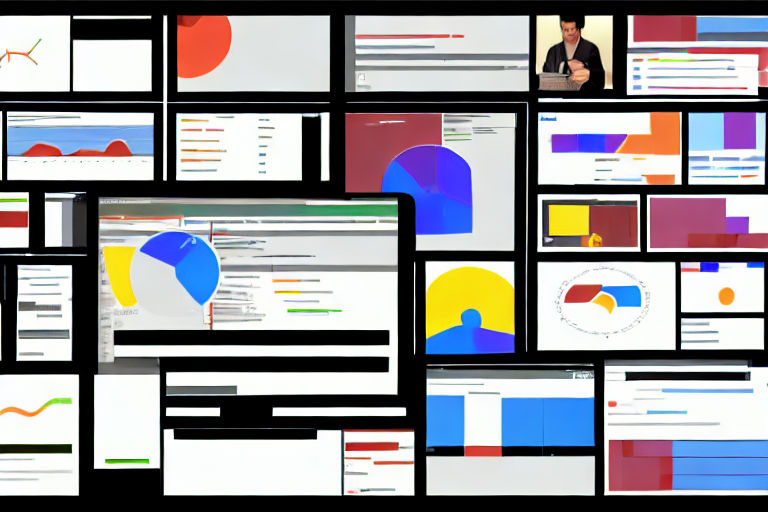The Power of Reactive Programming in Meteor Framework for Seamless Real-Time Applications
Real-time applications require a constant flow of data that updates seamlessly as new information becomes available. Reactive programming enables developers to create such applications easily, and Meteor is the framework that makes it all possible.
What is Reactive Programming?
Reactive programming is a programming paradigm that allows developers to build applications that automatically update in response to changes in data. In other words, an application built using reactive programming will update itself in real-time without requiring any user input or manual refreshes.
Reactive programming works by establishing a continuous flow of data between the application's backend and frontend. Whenever new data becomes available, the application detects it and updates the user interface accordingly.
How Does Meteor Use Reactive Programming?
Meteor is a full-stack JavaScript framework that was designed from the ground up to enable the creation of reactive applications. The framework's real-time capabilities are achieved through the use of MongoDB, a NoSQL database that allows applications to subscribe to data changes in real-time.
When an application built with Meteor subscribes to data from MongoDB, it sets up an observer that alerts the application whenever changes occur. This observer allows the application to update itself in real-time, providing a seamless experience for users.
Advantages of Reactive Programming in Meteor
- Real-Time Updates: The primary advantage of reactive programming in Meteor is that it enables real-time updates. This is particularly useful for applications that require constant data updates and should reduce the load on the server.
- Easy To Code: Reactive programming in Meteor is easy to code since the framework abstracts away many of the complex details behind the scenes.
- Fast Development: Reactive programming in Meteor allows developers to rapidly prototype and develop applications quickly.
- Scalability: Reactive programming in Meteor allows for easy horizontal scaling of applications. This means that multiple servers can work together to handle an increase in traffic, improving the fault tolerance of the application.
Conclusion
Meteor's reactive programming capabilities make it an incredibly powerful framework for building real-time applications that are fast, responsive, and easy to use. By enabling real-time updates, reactive programming reduces the amount of server load required to handle a constant flow of data, which results in faster and more reliable applications.
Developers who are looking to build real-time applications should consider using Meteor to take advantage of its reactive programming capabilities and the full-stack JavaScript development environment.



